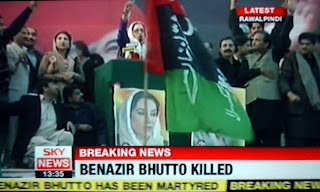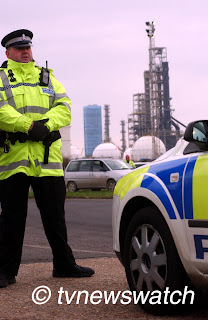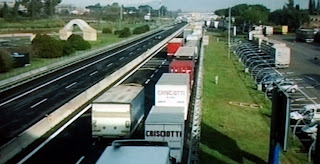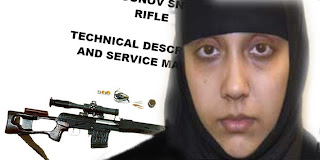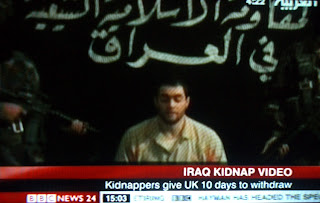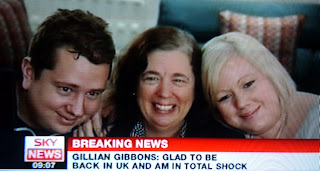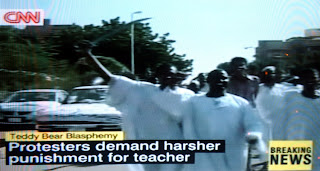
Five months after the smoking ban in the UK became law, the effects are beginning to bite. The ban includes any public place which is enclosed; pubs, bars, restaurants and bingo halls. The ban as claimed by the government was to encourage more smokers to give up the habit and make establishments cleaner for employees. But whilst non smokers may be happier at smoke free bars and clubs, many others are far from happy. Many publicans say they have seen a drop in trade, and other businesses where smoking was commonplace has also seen a drop in custom.
There has also been an increase in the spiking of drinks according to a Scarborough based charity. The charity said it had seen an increase in reports of drink spiking cases where theft, rather than a sex attack, was the motive. And women aged between 30 and 50 were most at risk, a spokesman for the charity has said. Graham Rhodes said that previously the charity had no calls about drink spiking thefts, but since the ban came into force the helpline had received between 200 and 300 calls. "We are getting more and more reports of people who have been drink-spiked in pubs” Mr Rhodes told the
BBC. "They have thrown up, they have been ill - in some cases passed out - and when they have woken up, their mobile phone's gone, credit cards, cash, anything [thieves] can get their hands on."
Litter has increased too according to some reports with cigarette butts being discarded outside establishments. The
BBC reported that Northampton had seen a 43% increase in litter in the 4 months following the ban forcing councils to install street ashtrays. These new ashtrays are costing councils thousands of pounds to install and have far outweighed the amounts collected in fines for littering of the flouting of the ban.
One man in Wales, where the ban was implemented in April, was fined for smoking in his lorry cab [
BBC]. A dog warden spotted Leonard King smoking and flicking the stub out of the lorry's window. He also received a fine for depositing litter with the stub. Magistrates were told that the council warden took the number of the lorry, on Colwyn Bay promenade, and it was traced to a carrier firm, who confirmed their vehicles had no-smoking notices. King was fined £260. The lorry driver, who smokes 20 roll-ups a day, said the smoking ban was interfering with people's civil liberties. "Dog fouling is a more annoying offence than discarding one little cigarette butt which will get blown away in the wind. I was alone in the cab, not harming anyone else and stationary at the time."
Anti-social behaviour is also becoming an increasing concern. Publicans in South Devon told the
Morning Advertiser that there had been more problems in the last 5 months than the previous eight years. Kelly Townsend, publican of the Old Coaching Inn, said "In the last six months we have had to call the police three or four times and we have had to break up a lot of fights. It happens at least once a week and all the trouble starts out the back in the smoking area.”
"Because all smokers now have to share the same area to smoke in, we are seeing higher levels of aggression from groups of people who would not normally have anything to do with each other, but now have to sit together for a smoke."
Other pubs are suffering increased problems with noise as smokers gather outside.
But it is the loss of profits that is causing the most concern. The
Telegraph and Argus reported that a drop in custom at some city pubs in Bradford had forced closures. One publican, Mr Haigh, said “The smoking ban has got a lot to do with it. We don't know a pub that has not suffered since the ban was introduced. Now they are looking to crucify us even more with a large tax increase in the next budget.” Richard Cobb, licensee of the Old Bank, said “If this no smoking rule was supposed to make room for non-smokers, then where are they all? Why aren't we bursting out of the door with non-smokers and families?”
“I used to have a lot of older customers - in their late 80s - who have stopped coming because they can't be expected to go outside and smoke in the freezing cold. The ban was introduced in summer, but it's really starting to bite now it's winter" he said. And with the drop in sales, so too have the share prices of the major breweries fallen. Enterprise Inns valued at 690p in June, dropped to 531p in November. Greene King fell from 992p to 810p. JD Wetherspoon saw their share price fall from 544.5p to 395p and Young & Co saw a massive fall from 3030p to 2163p in the same period.
An increase in pub meals was supposed to have been a benefit of the smoking ban, but according to one recent report this has failed to materialise [
Sky News]. A third of respondents to The Publican's questionnaire said their food sales had gone up following the ban - but more than one in five complained that their overall sales of food and drink had gone down. Threats to staff have also increased with some smokers attacking catering staff attempting to enforce the ban [
Sky News]. According to caterer.com, one in ten staff has said they had been a victim of violence.
Meanwhile the smoker who does brave the cold outside may be increase pressure on the NHS.
The Sun reported in November that smokers standing in the harsh winter cold may damage their health. “Huddled together in freezing conditions, often in inadequate clothing, smokers face risks beyond the damage from tobacco. Research shows that regular exposure to cold weather increases the risk of dangerous blood clots, triggers breathing problems and brings on dehydration. Meanwhile, toxic air pollution increases the strain on the heart and can even damage sperm” the report read.
And while the anti-smoker and non-smokers are raising their glass in victory, bulletin boards are full of discussions by non-smokers calling for a change in the law [
Gazette]. Most speak of empty pubs, a lack of atmosphere and the closing of rural establishments. Others have set up campaigns such as
smokingbanstinks and
freedom2choose.



